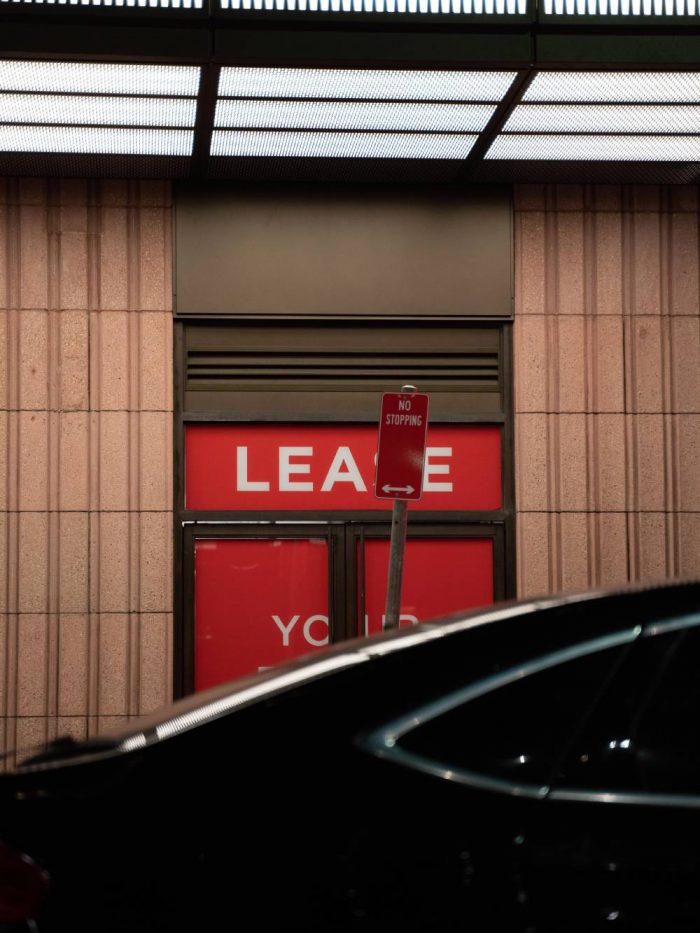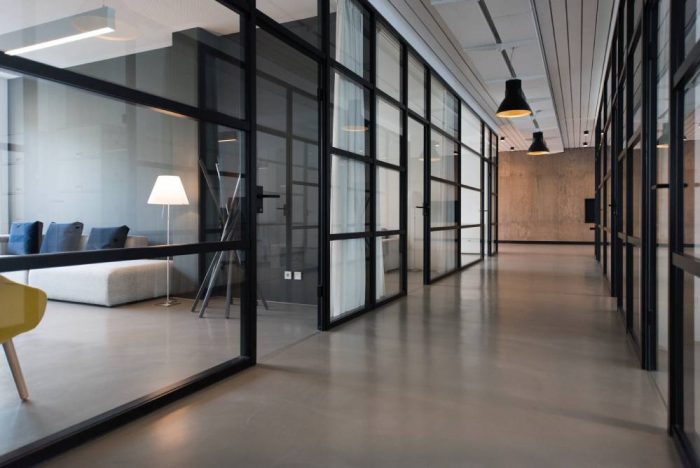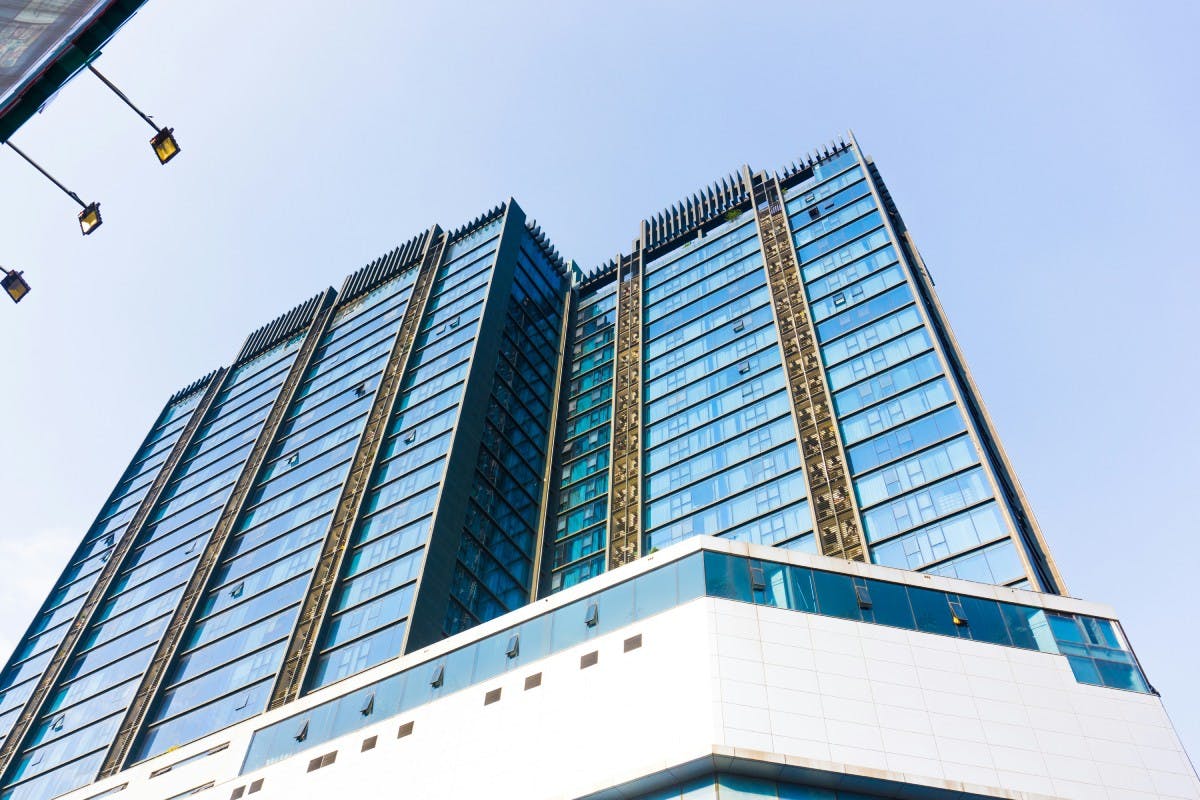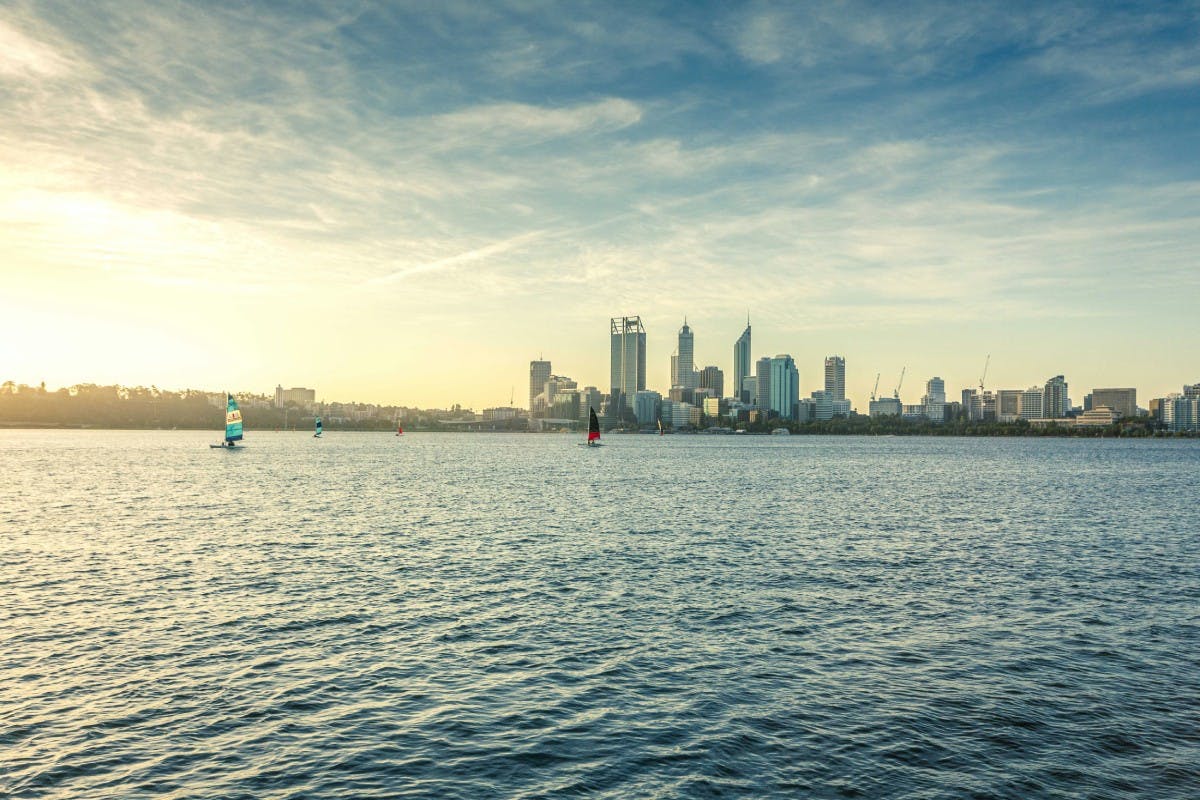Commercial
Why build a reserve fund for your commercial property investment?
Published
15 March, 2022

This blog post only provides information on reserve funds – not advice. If you’re a commercial property investor, ensure you seek legal and financial advice before making any investment.
Edward A. Murphy Jr was an American aerospace engineer. He worked on safety-critical systems for the military after the Second World War and was even a safety engineer for NASA’s Apollo project in the sixties. There was barely an aircraft experiment he didn’t work on in the 20th century. But his specialty wasn’t in making these aircraft deadly. Instead, the man was a master in defensive design. 
Murphy was student of worst-case scenarios, and his belief in avoiding them has impacted us all today… Never heard of the guy? Safe to say you’ve heard a motto of his: ‘Anything that can go wrong, will go wrong.’ It later became known as Murphy’s Law.
If you’ve partnered with a commercial property investor before, you may have seen the section of the Information Memorandum (IM) which mentions a reserve fund. (If you haven’t seen this section, I’d seriously reconsider who you invest with.) Putting returns and forecasts aside, this is perhaps the most underrated item discussed by investors, new and old. It’s how we prepare against Murphy’s Law.
What is a reserve fund?
A reserve fund is a sum of capital that investors might put aside for their investment – in addition to the purchase price and costs – to cater for both expected and unexpected events related to the smooth functioning of the investment and the assurance of continued cash flow into their pocket.
Some investors have questioned the importance of a reserve fund… Just like some people have questioned the importance of seatbelts and helmets – especially if they’ve never needed to use any of them. You might not see a reason why anything could go wrong with your commercial real estate investment. And that’s more reason to build an appropriate reserve to cater for the unknown.
A reserve fund, with enough capital to service even the most unlikely event, will give you peace of mind that your investment will withstand anything Murphy’s Law might throw at it.
What are some of the items you might need a reserve fund?
Future Capital Expenditure
After you or your investment partner has completed the due diligence on the asset – and I hope it was a thorough one – you should be able to capture the potential capital expenditure necessary to maintain good working order of your premises.
It might cover things like the building structure, air conditioning units, lift equipment (if one is installed), and any of the endless minor capex items that might appear in your tenure as landlord.
Future lease expiries

If a tenant’s (or tenants’) lease is due to expire soon, you’ll want to consider the potential vacancy triggered by the occupant exiting the premises in the wake of the expiry. No matter how likely they are to renew their occupancy, it’s crucial you’re prepared for any surprise.
Ensure you have enough in your reserve fund to cater for:
- Potential rental downtime
- Leasing agency commissions (when finding a replacement tenant)
- Tenant incentives
- Any capex required to re-let the potential vacancy
Loss of outgoings
In the unlikely event of a vacancy, you should factor in the ongoing ownership and upkeep costs of the asset, such as land tax, council rates, water rates, repairs & maintenance, and insurances. All of these are usually paid for by the tenant (adding to the beauty of an occupied commercial property investment) but will be yours to pay for if they vacate.
Also consider a small provision to cover a portion of bank interest – just in case.
Base reserve

No matter how well you think you know your prospective property, it’s crucial you consider all the possible events which might demand future capex.
This amount is raised purely as buffer for unknown or unexpected expense items of any description. They might include:
- Insurance excesses
- Interest rate hedging instruments
- Essential independent reports
- Banking covenant protection
- Legal fees
A well-managed property mightn’t run into too many issues, and certainly, completing a solid due diligence investigation before you invest will help avoid or prepare for nasty surprises during your ownership. But you can’t account for every possible event. We’re at the tail end of a pandemic… Surely that’s proof enough.
In commercial property, anything that can go wrong, will go wrong – unless you have adequate funds to cater for it.
Beat the crowd to our next investment
Our next property investment opportunity isn’t far away. Want exclusive access to the Information Memorandum (IM) and the chance to invest first? Then subscribe for investment updates. We’ll keep you in the loop a week or so ahead of the investment launch, giving you the opportunity to invest before the investment is offered publicly.




